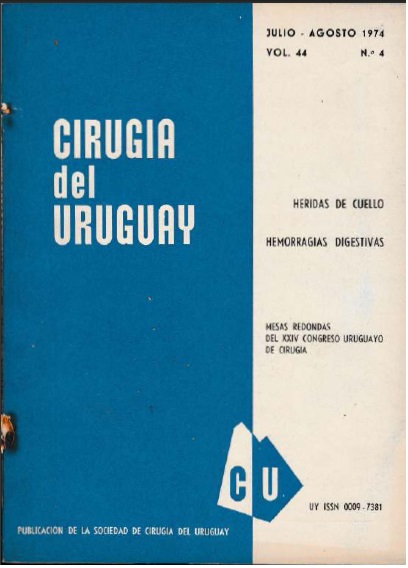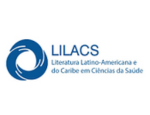Iatrogenic digestive hemorrhages
Keywords:
digestive hemorrhages, surgeryAbstract
Digestive hemorrhages of iatrogenic origin tend to increase, possibly as a consequence of better knowledge
of subject and improved techniques. Mechanics of disease varies for the different drugs which are divided, for this purpose, into anti-inflammatory, secretagogues and anti-coagulan•;. Acetyl-salicylic acid is fundamentally a local aggressor,
but there are doubts as to whether this action is related with ionization of this substance in mucosa cells or whether, on the contrary, it depends on its absortion speed through gastric epitelium. Corticoids appear to act by modifying quanti and qualitative characteristics of protective mucus.
Gastrointestinal alterations conditioning hemorrhageF caused by phenylbutazone are believed to have a general toxic origin acting through the· humoral path. The group of secretagogues act by provoking excessive chlorohydro-peptic secretion and causing, furthermore,
vasomotor disturbances. in the gastric submucosa. Anticoagulants may cause digestive hemorrhage due to an excessive dosis or to hypersensibility to the drug, or to a prior gastro-intestinal lesion -latent or known-, by an as yet unknown mechanism (ulcerations
induced by anti-vitamin-K drugs). Dosis and latency period vary for eaeh drug, as do precautions which should be faken whenever this
type of drug is employed in the prophylaxis of hemorrhages.
Downloads
Metrics
Downloads
Published
How to Cite
Issue
Section
License
All articles, videos and images published in Revista Cirugía del Uruguay are under the Creative Commons CC licenses, which is a complement to the traditional copyright, in the following terms: first, the authorship of the referred document must always be acknowledged and secondly none of the article or work published in the journal may have commercial purposes of any nature. The authors retain their copyrights and give the magazine the right of first publication of their work, which will be simultaneously subject to the Creative Commons Attribution-NonCommercial 4.0 International License license that allows the work to be shared whenever the initial publication is indicated in this journal.


























